Let’s not downplay conflicts: VP Mohadi
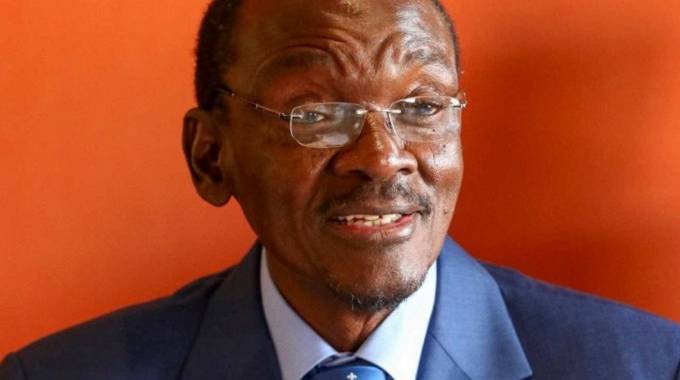
Auxilia Katongomara in Harare , Chronicle Reporter
ZIMBABWE should confront its problems as downplaying conflicts, most of which occur in rural areas, will haunt future generations, Vice President Kembo Mohadi said yesterday.
The VP said since most conflicts occur in rural areas, there is need for culturally driven peace and reconciliation initiatives.
Speaking at the National Peace and Reconciliation Commission (NPRC) five year strategic plan launch at a local hotel, VP Mohadi said chiefs were the nerve centre in fostering reconciliation and healing in the country.
“A lot of conflict takes place in the villages of Zimbabwe’s largely rural population. We all are part of one village or another. There is no Zimbabwean who does not belong to a chief or headman. The traditional leaders are therefore key to the reconciliation and national cohesion process. This therefore demands a culturally driven peace and and reconciliation initiative that is restorative and not retributive,” said the VP.
He said traditional leaders as custodians of culture within communities are important opinion makers and cannot be ignored.
VP Mohadi, who oversees the National and Reconciliation Ministry, said national healing is an initiated process to ease or relieve pain or emotional stress and help people get back to normalcy and move on.
“Healing should be seen as processes or strategies that rehabilitate or reconstruct the psychological, social and economic well being of the affected communities and individuals. Therefore healing is not only about assisting individuals to address their psychological; health needs in an isolated way but is dependent upon and integrally linked to repairing and rebuilding communities within a broad context and in our view to make each community and each citizen a part of the upper middle income society by 2030,” he said.
VP Mohadi said as the NPRC implements its strategic plan, the most important lesson to be borne in mind was that the shortest way to resolving problems was to confront them and not ignore them.
“We need to fully understand our realities as a nation because downplaying conflict challenges will be at the expense of future generations. Success on this journey is possible if we invest in local peace initiatives today and not tomorrow,” said VP Mohadi.
He said President Mnangagwa is on record saying his administration is ready to respond to the recommendations that emanate from the findings of the NPRC.
“It is therefore imperative that you get down to honesty and earnest work without any further delay .We as Government are ready to support you. The nation’s success is linked to a peaceful environment conducive for investment and macro economic growth,” he said.
VP Mohadi urged Zimbabweans to support the NPRC’s mandate to deal with a conflictual past, resolve current conflicts and create a shared future for all generations.
NPRC chairperson, Retired Judge Sello Nare said the commission’s strategic plan was a collective effort.
He said the Commission would do its best to deal with past conflicts, healing and reconciliation in the country.
Presenting the NPRC five year strategic plan 2018-2023, Commissioner Choice Ndoro said the plan involves four areas of work: to initiate inclusive healing, to facilitate the enhancement of policy framework, strengthening the peace architecture as a catalyst for conflict prevention and transformation and enhancing the national capacity to peace and reconciliation.
Comm Ndoro said in the course of the country’s history, Zimbabwe has experienced political and socio economic periods of instability characterised by violent conflicts.
“The various forms of violence affected the population differently creating different narratives from the experience. The net effect of these shared yet different realities of violence is the creation of divisions among the people along ethnic, age regional, gender and racial line,” she said.
She said before embarking on the national consultations, the Commission learnt from other pioneers of peace and reconciliation in the region: Rwanda, Sierra Leone, South Africa and Ghana among others.
Various stakeholders among them the United Nations Development Programme (UNDP) women, church, business and youth representatives gave solidarity messages in support of the NPRC’s work in fostering peace and reconciliation in the country.
Zanu-PF representative, Advocate Fortune Chasi said there was need to invest in peace and his party was committed to maintaining peace.
MDC Alliance representative Mr Douglas Mwonzora said his party pledges to respect the rule of law and is commited to dialogue.

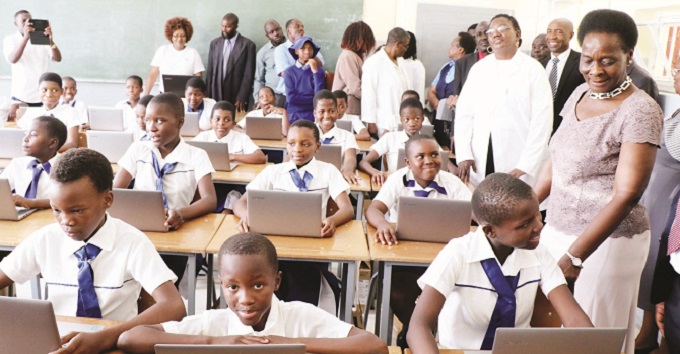
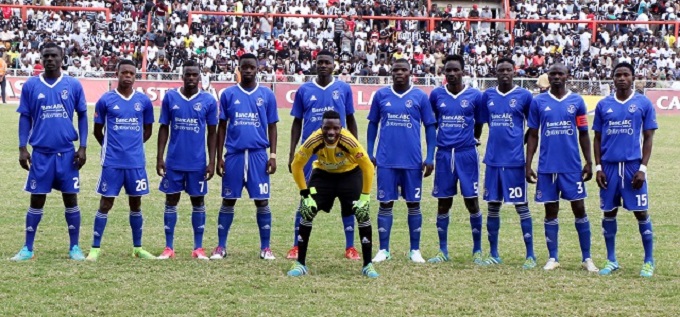
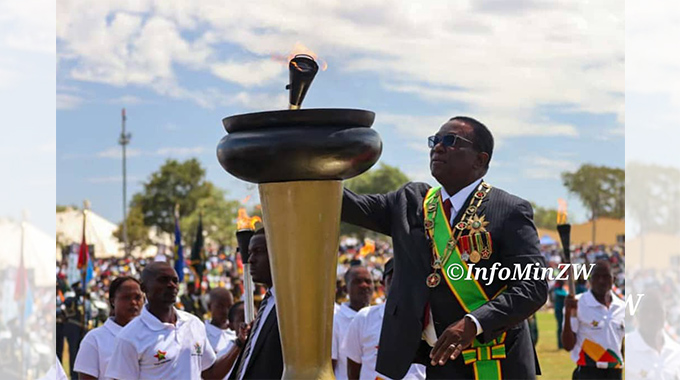
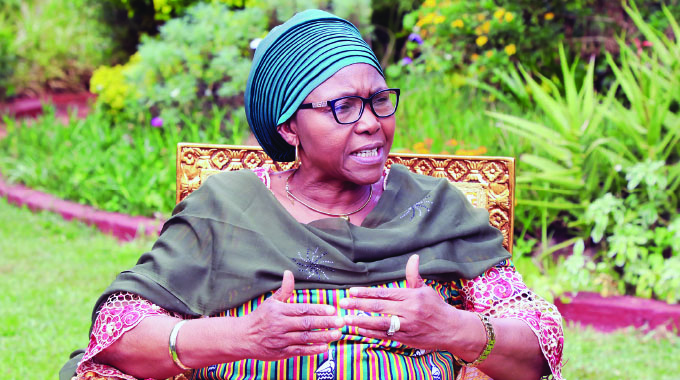
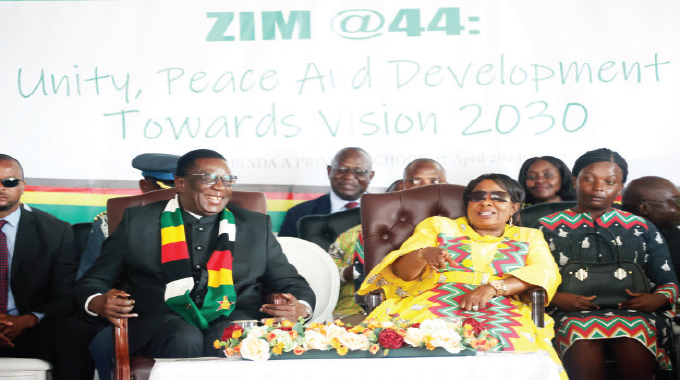





Comments